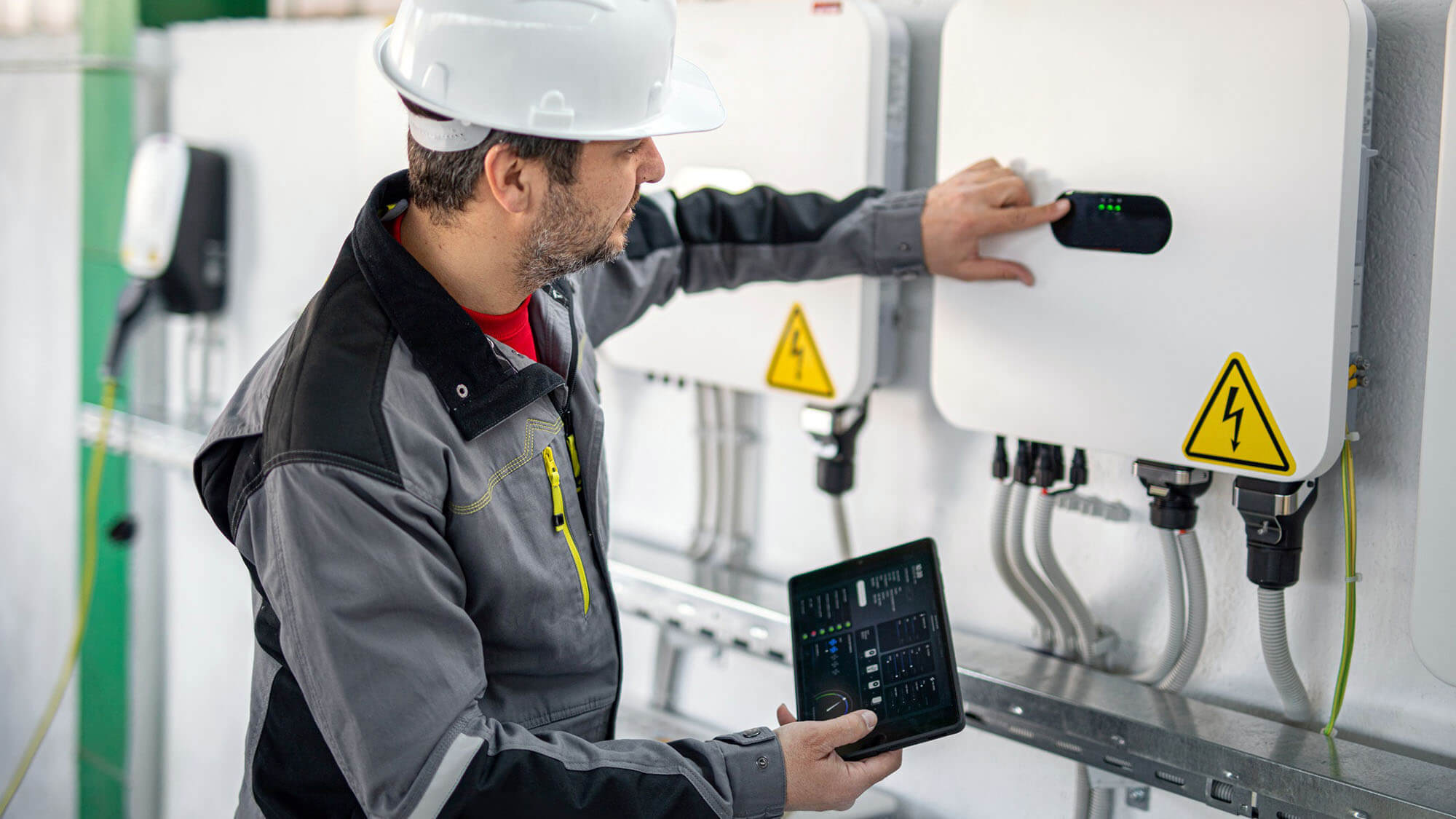Uncovering Hidden Risks in Renewable Energy Equipment

08 Jul 2025
How to detect, prevent, and respond to cybersecurity threats
Recent investigative reports have uncovered concerns in the renewable energy sector: rogue communication devices found embedded within solar power inverters and batteries, many of which are manufactured overseas and distributed globally. These unauthorized components could be used to create unmonitored communication channels, potentially allowing improper remote access that could jeopardize critical infrastructure, disrupt power grids, and even trigger widespread blackouts. As the world accelerates its transition to renewable energy, the risks associated with compromised hardware are more pertinent than ever.
The Hidden Threat: Prohibited Communication Devices
Solar inverters are vital links between renewable energy sources and the grid. While legitimate communication modules are necessary for monitoring and maintenance, the discovery of unauthorized cellular radios and other hidden devices is alarming. These unauthorized components could be used to evade established firewalls and security protocols, leaving systems vulnerable to cyberattacks. Malicious actors could exploit these weaknesses to disable or manipulate energy networks remotely, with potentially devastating consequences.
Why Manufacturers Must Act Now
Governments and industry leaders worldwide are intensifying scrutiny of foreign-manufactured energy products. The challenge is not only technical, but also regulatory. Manufacturers must ensure transparency, traceability, and robust security across their entire supply chain. Failing to address these risks can result in regulatory penalties, loss of customer trust, and significant reputational damage.
How Intertek's Cybersecurity Assessments Protect Manufacturers
Intertek's Assurance, Testing, Inspection, and Certification (ATIC) services offer a proven framework to help manufacturers identify and mitigate cybersecurity risks in energy products. Here's how:
Comprehensive Cybersecurity Assessments
- Vulnerability Assessments: Intertek evaluates hardware, firmware, and software to uncover security weaknesses in connected devices such as inverters, smart meters, and IoT-enabled equipment.
- Penetration Testing: Simulated cyberattacks test product resilience against unauthorized access, data breaches, and other malicious activities.
- Secure Communication Protocols: Intertek verifies that all data transmission channels are encrypted and protected against interception or tampering.
- Intertek ensures products meet global security standards such as IEC 62443, UL 2900, and UL 2941, and SunSpec DER Device Cybersecurity.
- Intertek assesses not only finished products but also critical components and vendors, helping manufacturers maintain transparency and reduce the risk of compromised or unauthorized parts.
- Regular cybersecurity assessments and Threat Risk Assessments that identify critical resources, model threat vectors, and measure risk keep manufacturers ahead of emerging threats, with actionable recommendations to strengthen security.
Powering Ahead with Confidence
The discovery of rogue communication devices is a wake-up call for the industry. By partnering with Intertek, manufacturers can proactively address cybersecurity vulnerabilities, maintain regulatory compliance, and build resilient, trustworthy supply chains. Intertek's ATIC services provide the expertise and solutions needed to safeguard critical infrastructure, protect brand reputation, and deliver peace of mind to customers and stakeholders.
In today's interconnected world, hidden risks in renewable energy equipment are a clear and present danger. Intertek stands ready to help manufacturers detect, prevent, and respond to these threats—ensuring secure, reliable, and compliant energy products for a safer future.

